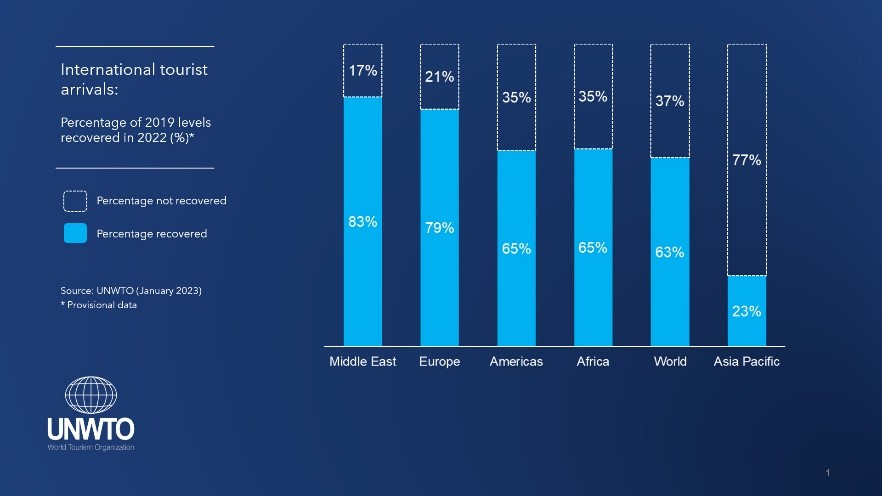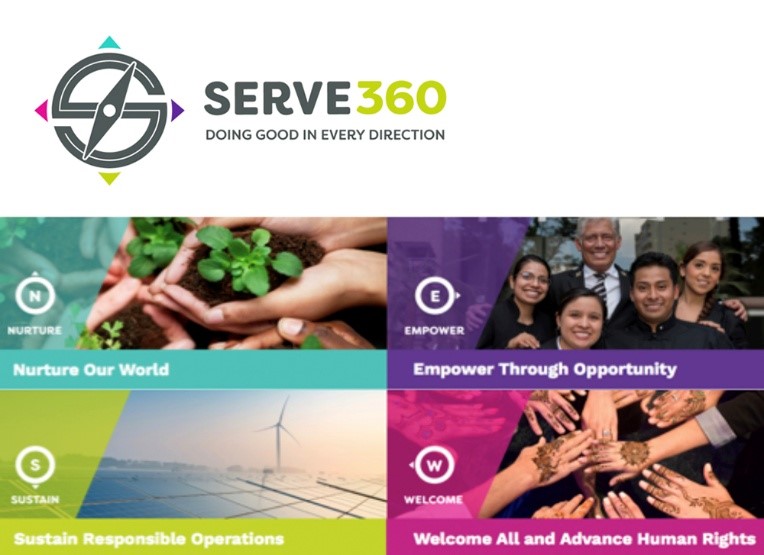The hospitality industry, a vital sector of the global economy, has traditionally been defined by the art of welcoming and caring for guests. Whether through luxury resorts, boutique hotels, or neighbourhood cafés, hospitality is built on human interaction, service, and emotional connection.
Over the past two decades, however, the industry has undergone a transformation driven by technology, changing consumer behavior, globalization, and global challenges such as climate change and pandemics.
Despite these changes, the essence of hospitality—creating meaningful and memorable guest experiences—remains rooted in psychological traits such as empathy, resilience, and emotional intelligence.
Overview of the Hospitality Industry
The hospitality industry encompasses a wide range of services including lodging, food and beverage, travel and tourism, recreation, and event planning.
It is one of the largest and most diverse sectors globally, contributing significantly to employment and GDP in many countries. At its core, hospitality is about service and experience—about making people feel comfortable, cared for, and valued. This requires a complex interplay of operational efficiency, cultural sensitivity, and psychological insight.

Impact of COVID-19 on Hospitality Sector
The hospitality industry is also highly sensitive to socio-economic trends and external shocks. For instance, the COVID-19 pandemic exposed vulnerabilities in global travel and led to increased adoption of contactless technologies and stringent hygiene standards.
Simultaneously, a growing awareness of sustainability has prompted hotels and resorts to rethink their environmental impact, adopting greener practices such as energy-efficient lighting, water conservation, and zero-waste programs. Despite these shifts, one constant remains: the irreplaceable role of human interaction in shaping guest experiences.
The Human Essence of Hospitality
Hospitality has always been a people-centric profession. Guests often form lasting memories not because of the physical infrastructure but due to the interactions they have with staff. A smile from a receptionist, the helpfulness of a concierge, or the attentiveness of a waiter can elevate an ordinary service into an extraordinary experience.
According to Pizam (2010), the emotional value guests derive from service encounters significantly influences their perception of quality and satisfaction.
Service-Oriented Mindset and Emotional Intelligence
A service-oriented mindset is the psychological foundation of a successful hospitality professional. Unlike other industries that focus on product delivery, hospitality revolves around guest satisfaction. Professionals must demonstrate empathy, patience, and adaptability—especially when faced with unexpected requests or difficult guests. Emotional intelligence (EI) plays a pivotal role in this context.
Goleman (1995) defines EI as the ability to recognize, understand, and manage our own emotions as well as the emotions of others. This includes self-awareness, self-regulation, motivation, empathy, and social skills—all crucial in hospitality roles.
Technological Integration in the Industry
Technology has significantly transformed the hospitality landscape. Mobile apps now allow for seamless booking, AI chatbots handle customer inquiries 24/7, and Internet of Things (IoT) devices enable guests to personalize their room environments. Despite these advancements, technology serves best when it complements the human touch.

Hilton’s Connected Room
For example, Hilton’s Connected Room initiative enables guests to control room settings via a mobile app, but the in-person hospitality from staff still shapes overall satisfaction. According to Ivanov and Webster (2017), the true challenge lies in integrating technology in a way that enhances, rather than replaces, the emotional and interpersonal aspects of hospitality.

Sustainability and Health in Modern Hospitality
As consumers become more environmentally conscious, sustainability has become a key differentiator in the hospitality industry. Hotels are adopting energy-efficient systems, reducing waste, and pursuing sustainability certifications to attract eco-conscious travelers.
Marriott’s Serve 360 initiative, for example, focuses on environmental sustainability while supporting local communities. Health and safety have also gained prominence post-COVID-19. Enhanced cleaning procedures, contactless services, and health transparency are now baseline expectations (Gursoy & Chi, 2020).
Coping with Stress and Emotional Labor
Hospitality professionals often work long hours under high pressure, which can lead to emotional fatigue. Emotional labor—maintaining a cheerful demeanor regardless of personal feelings—can be draining (Hochschild, 1983).
Psychological resilience, stress management strategies, and organizational support are essential to sustaining workforce well-being. Companies like Four Seasons have implemented wellness programs, including counseling and mindfulness training, to support employee mental health.
Personalization, Guest-First Philosophy, and Motivation
Modern travelers seek personalized and culturally immersive experiences. Data analytics enables businesses to tailor services to individual preferences. Boutique hotels often excel in this by curating guest experiences based on personal interests. Motivation also plays a crucial role in hospitality.
Ryan and Deci (2000) explain that both intrinsic (e.g., passion for service) and extrinsic (e.g., recognition, career advancement) motivations influence performance. Organizations that recognize and reward exceptional service foster a culture of excellence and loyalty.
Teamwork, Cultural Intelligence, and Learning
Effective service delivery in hospitality depends on seamless collaboration between departments. Trust, communication, and respect are foundational traits for successful teamwork.
Furthermore, globalization necessitates cultural intelligence—the ability to interact effectively across cultures (Ang & Van Dyne, 2015). Employees with a growth mindset are more adaptable, willing to learn, and open to feedback, making them valuable assets in a dynamic industry (Dweck, 2006).
Conclusion
The hospitality industry is at a pivotal moment, navigating technological evolution while preserving its human essence. As automation and sustainability redefine operational norms, the psychological attributes of service staff remain irreplaceable.
From emotional intelligence to resilience and cultural competence, it is the people behind the service who transform moments into memories. For hospitality to thrive, organizations must invest in both technological innovation and the psychological well-being of their workforce.
Ultimately, hospitality is more than an industry—it is a mindset, a lifestyle, and a commitment to caring for others.
